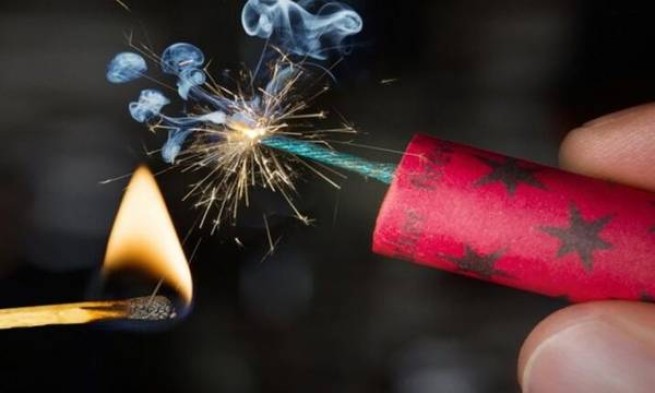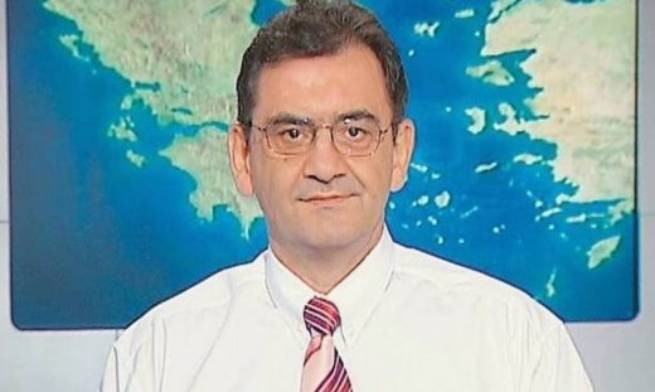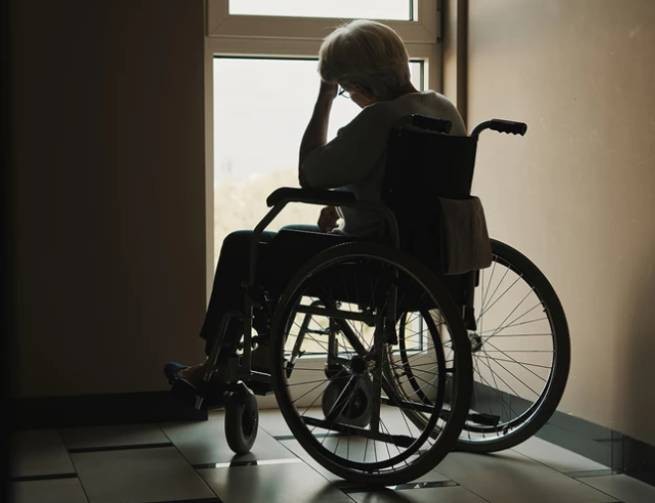Neglect and abuse, poor nutrition, and inadequate medical care are just a few of the complaints about elderly care in nursing homes.
“We were heartbroken by what we saw,” many relatives said in a conversation with the ombudsman, describing the nightmares of what was happening. They complain of neglect and poor hygiene, bedridden conditions due to lack of care, humiliation of the elderly and neglect of their needs.
Describing the situation in hospitals and private aged care units to Ombudsman Ioanna Arsenopoulou, the academic expert noted in a speech at an event organized by the independent administrative body in Thessaloniki:
“We were heartbroken by what we saw when we accompanied the competent regional authorities on their inspection of the aged care unit.”
The theme of the event is “Ombudsman for Vulnerable Social Groups – website www.synigoros-solidarity.gr”. Having analyzed reports on aged care facilities, mostly private, the Ombudsman found that existing conditions were below an acceptable standard of living, with inadequate nutrition, poor cleanliness of premises, and a lack of mobility and physiotherapy. She also noted the lack of human contact and communication, low professionalism and a minimal number of employees.
As confirmation of the degrading attitude towards people, Ms. Arsenopoulou gave an example: all the clothes of the elderly were taken away and some of the woman’s clothes were returned to the woman, and her clothes were given to the man. She notes:
“In fact, in many cases, ΜΦΗ are declared unfit, but, although there is a corresponding order, they continue to work – there are no other units for receiving older people. Therefore, the order remains only on paper and is not implemented.”
Regarding primary health care, the Ombudsman received reports of difficulties in making appointments with doctors in several health centers in Attica, Patras and Macedonia: due to a shortage of specialists, it was not possible to make an appointment by telephone. She says:
“At the same time, we discovered inadequate medical care for an elderly man. He was admitted to the hospital with a traumatic brain injury, received inadequate medical care and was sent back without the necessary CT scan. This ended several hours later with a brain hemorrhage… In another case An elderly woman admitted to hospital after a suicide attempt was left tied up for several hours due to staff shortages and as a result, because she suffered from diabetes, she became hypoglycemic due to lack of food.”
Speaking about the care of older people in Greece, Ms Arsenopoulou highlighted the lack of respect for their individuality, neglect and insufficient specialized staff. In conclusion she said:
“The Ombudsman for the Protection of Older People is beginning to correct institutional and legislative shortcomings to ensure that real needs are taken into account, and promotes support for the individual rights of older people.”
Also speaking at the event were Andreas Potakis, Ombudsman of Lajla Brandt Jakhelln, SA Ambassador of Norway to Greece and Nicole Romain, Head of Communications and Events at the European Union Agency for Fundamental Rights – FRA.
The meeting was one of the actions of the Ombudsman Act to Strengthen Good Governance, Accountability and Combating Maladministration in the Public Sector.
The program is co-funded by the EEA Grants’ Good Governance, Institutions and Transparency Program (EEA Financial Facility), which represents Iceland, Liechtenstein and Norway’s contribution to a green, competitive and inclusive Europe, writes newsbeast.gr.







More Stories
Greek Police: "Pyrotechnics for Easter are not toys for you"
Where will Greeks go for Easter: the best domestic and foreign destinations
Fine 1200 euros for the bad habit of Greeks at Easter, who is at risk